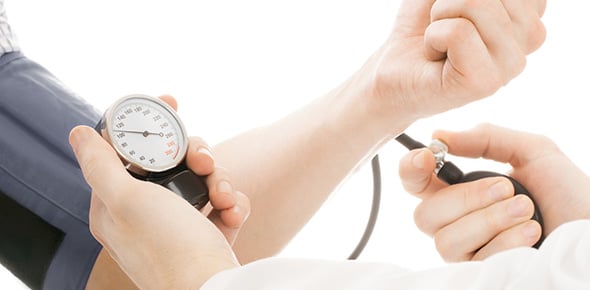Hypertension
6 Questions
| Attempts: 156
2.
What first name or nickname would you like us to use?
×
Thank you for your feedback!

















